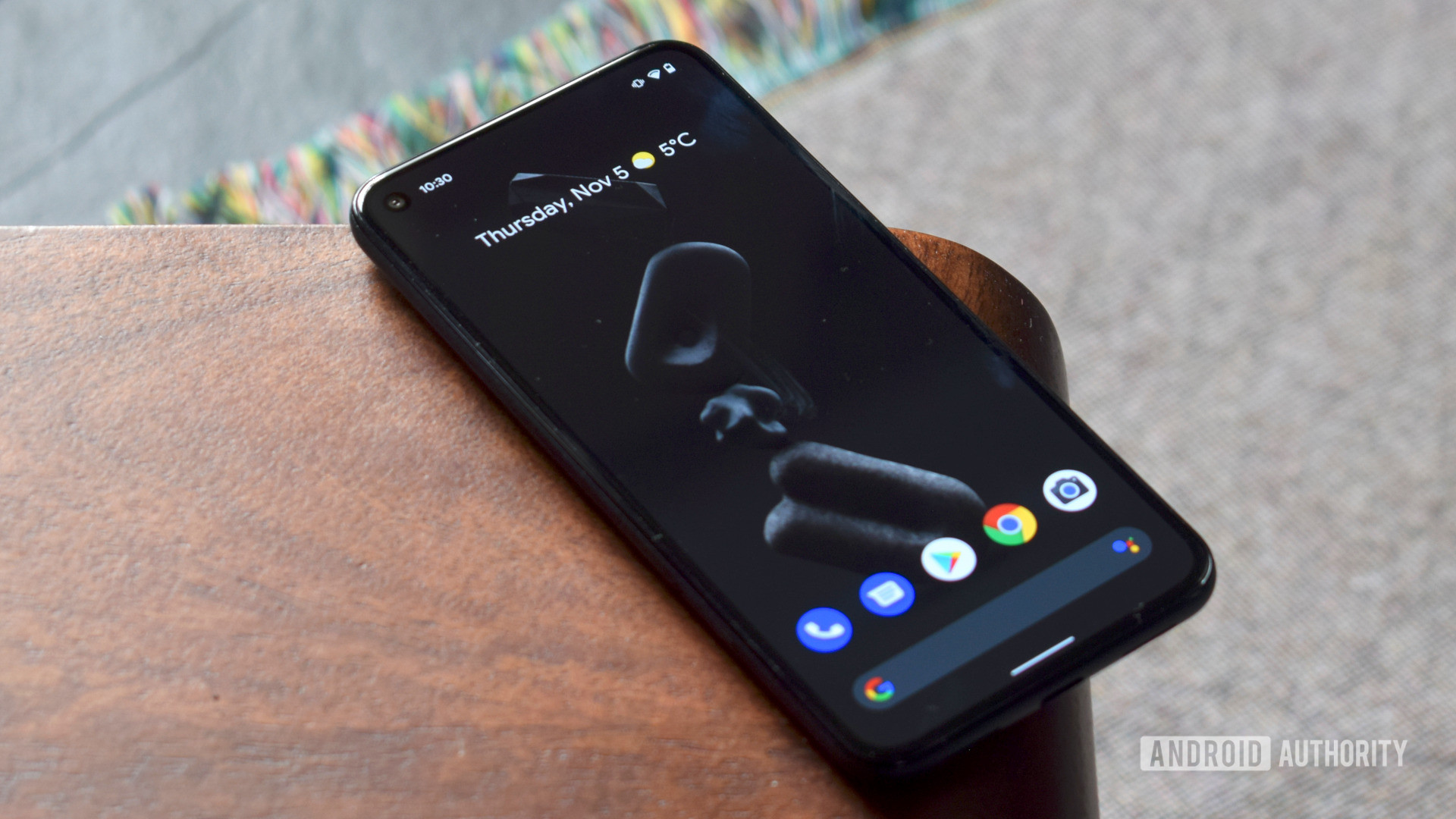Affiliate links on Android Authority may earn us a commission. Learn more.
Court documents allege Google hid privacy settings on Android
Published onMay 31, 2021

- Newly unredacted court documents reveal the apparent steps Google has taken to maintain access to location data.
- Google purportedly buried privacy settings deeper within Android’s settings menu and pressured OEMs to do the same.
- Employees also took issue with the inability to use location data in a third-party app without Google gaining this info.
Google made a number of privacy-related announcements at Google I/O earlier this month, such as a new privacy dashboard on Android and the quick-fire ability to delete the last 15 minutes of your web browsing activity. But recently unearthed court documents have revealed that Google actually made it tougher for Android users to find popular privacy settings.
Unredacted court documents filed by the Arizona Attorney General against Google (spotted by Insider) show that Google allegedly tested versions of Android that made privacy settings easier to find. When users started taking advantage of these easier-to-find settings, Google purportedly viewed it as a “problem” and buried these privacy settings deeper within the platform’s settings menu.
According to the documents, Google removed the location toggle from its quick settings menu on Pixel phones. For what it’s worth, our Pixel 4 running the Android 12 beta doesn’t show the location toggle at all. But fellow Android Authority member Dhruv Bhutani says the toggle is present on his Pixel 3 XL and Pixel 4a (running Android 11 and the Android 12 beta respectively).
The documents also allege that Google collected location data even when users turned off these settings and that it pressured Android OEMs such as LG and others to hide popular privacy settings because people used them. It’s believed Google pressured LG to move the “location toggle” to a second page (presumably the second page in the quick settings menu).
Again, checking a T-Mobile LG V60 indeed reveals that the location toggle is on the second page of the quick settings menu. But if it’s anything like Google’s Pixel phones, the placement of the toggle might vary too.
Discontent within Google?
Google’s apparent privacy moves were also viewed in a negative light by some employees, according to the filings. At least one employee apparently bemoaned the fact that a user can’t get their own location without also giving that information to Google.
“Fail #2: *I* should be able to get *my* location on *my* phone without sharing that information with Google (sic),” an employee was quoted as saying. The employee said this could be how Apple is “eating our lunch,” adding the iPhone maker was “much more likely” to let people use location-based apps and services without giving that information to Apple itself.
“So there is no way to give a third-party app your location and not Google?” another employee was quoted as saying in the documents. “This doesn’t sound like something we would want on the front page of the (New York Times).”
Do you think Google is doing a good job of privacy on Android?
Former Google Maps executive Jack Menzel also highlighted the extent of Google’s apparent thirst for location data. He noted during a deposition that the only way Google couldn’t figure out a user’s home and work location was if the user set their home and work as other random locations instead.
This isn’t the first time we’ve heard about the apparent lengths Google would go to in order to get your location. The company previously confirmed that it would still track you even if you turned off your location history.
Either way, the documents seem to suggest that Google’s recent privacy push isn’t done entirely out of the goodness of its heart. Do you think Google is doing a good job of privacy on Android though? Let us know by voting in the poll above.